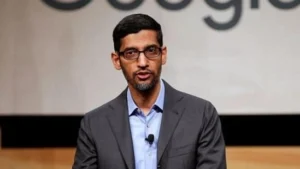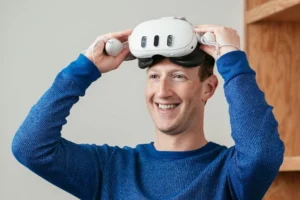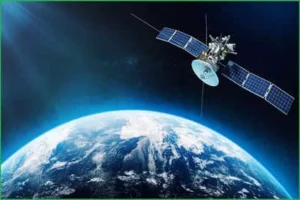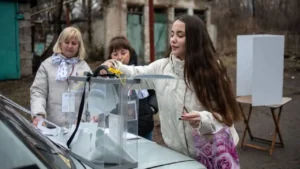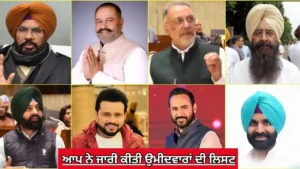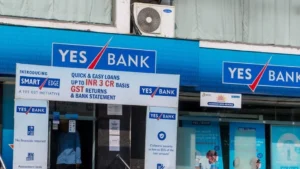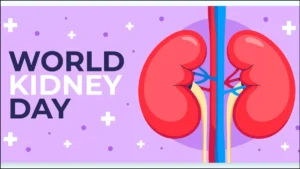Budget 2024: Govt to expand electric vehicle ecosystem to support charging infra, says Sitharaman
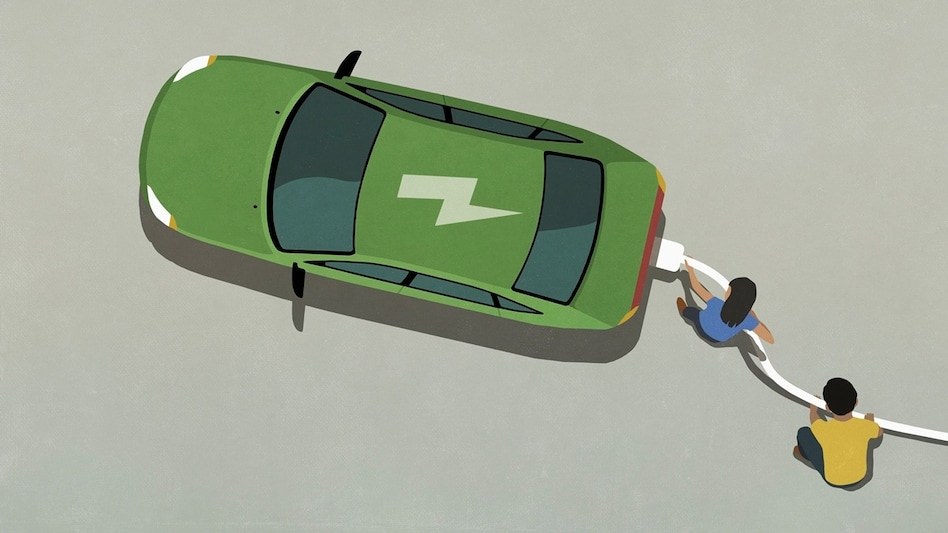
Electric vehicle ecosystem: In her Budget 2024-25 speech, Sitharaman also said e-buses for public transport networks will be also encouraged
Union finance minister Nirmala Sitharaman on Thursday presented the interim Budget 2024-25.
Sitharaman said that the government will expand the electric vehicle ecosystem to support charging infrastructure.
E-buses for public transport networks will also be encouraged, she also said.
“Our Government will expand and strengthen the e-vehicle ecosystem by supporting manufacturing and charging infrastructure. Greater adoption of e-buses for public transport networks will be encouraged through payment security mechanism,” the finance minister said in her pre-election Budget, which is technically a vote on account and popularly termed an Interim Budget.
With an aim to promote green growth, she also said that the blending of compressed biogas into compressed natural gas for transport and piped natural gas will be mandatory.
The government will launch biomanufacturing and bio foundry scheme to provide environment-friendly alternatives for bio-degradable production.
On January 22, Department for Promotion of Industry and Internal Trade (DPIIT) secretary Rajesh Kumar Singh said that the development and adoption of electric vehicles (EVs) play a pivotal role in India’s transition to a low-carbon economy.
“The comprehensive vision for 2047 includes a substantial shift towards electric vehicles across various segments, supported by tax incentives, Production Linked Incentive (PLI) schemes, and the mandatory provision of charging infrastructure,” Singh had told PTI.
The fast-growing EV market in India is catching the eye of global players. India’s electric vehicle market is expected to grow to 1 crore units in annual sales by 2030 and create five crore direct and indirect jobs, according to the Economic Survey 2022-23.
As per industry estimates, the total EV sales in India stood at around 10 lakh units in 2022. On the back of increasing EV demand, the Indian government is providing fiscal incentives to promote domestic manufacturing of these cars.
In India, Tata Motors is the leading player in passenger electric vehicles.
Maulik Manakiwala, Partner, Indirect Tax, BDO India, sees this as a positive shift towards EVs. He said, “The focus on expanding the EV charging network continues. This will also increase opportunities for a large number of small vendors for manufacturing, installation, and maintenance of EV charging networks.”
Mayuresh Raut, Co-founder & Managing Partner, Seafund, believes that the scheme for deeptech in defence will not only help the government start addressing the Make in Bharat initiative through indigenous technologies in defence but also unlock these technologies to other civilian uses. He added, “The solar rooftop schemes will be a big boost to not only meet our goals for clean energy, but will also set up India to start addressing the EV charging infrastructure that is currently holding back wider adoption of EVs.”
Hyder Khan, CEO of Godawari Electric Motors, praised the government’s commitment to advancing sustainable development by enhancing and strengthening the EV ecosystem. He said, “These efforts will enhance EV adoption, paving the way for a cleaner, more interconnected future. The details of this announcement in the forthcoming budget will play a crucial role in steering the country’s net-zero agenda in a positive direction.”
Nitin Gupta, Co-Founder & CEO Of Attero Recycling, also welcomed the government’s focus on strengthening EV manufacturing and charging infrastructure. He said, “The push for e-buses adoption backed by a payment security mechanism will help in accelerating the transition to cleaner and more sustainable public transportation systems.”
Saurav Kumar, Partner, INDUSLAW said, “Push for electric vehicle ecosystem has been a priority for Government. Adoption of Fame II came with some challenges such as only 10 percent of the total incentive outlay was reserved for charging infrastructure. The Budget emphasis on manufacturing and charging infrastructure provides hope that a larger portion of FAME III incentives will be focused towards charging infrastructure development.”
Kartikeya Prakash, Partner at Khaitan & Co lauded FM’s bold vision for India’s EV future. He said, “The focus would be on fostering entrepreneurship in the sector, with plans to approve numerous vendors for supplying and installing EV charging points. This would not only encourage EV adoption and build public confidence but also create surge in jobs, particularly for technically skilled youth in manufacturing of components for EV charging infrastructure, along with employment for semi-skilled labor in the deployment and maintenance of these charging stations.”
With Thanks Reference to: https://www.livemint.com/auto-news/budget-2024-govt-to-expand-electric-vehicle-ecosystem-to-support-charging-infra-says-sitharaman-11706767173881.html and https://www.businesstoday.in/union-budget/story/budget-2024-how-auto-sector-reacted-to-govts-new-ev-push-415827-2024-02-01
